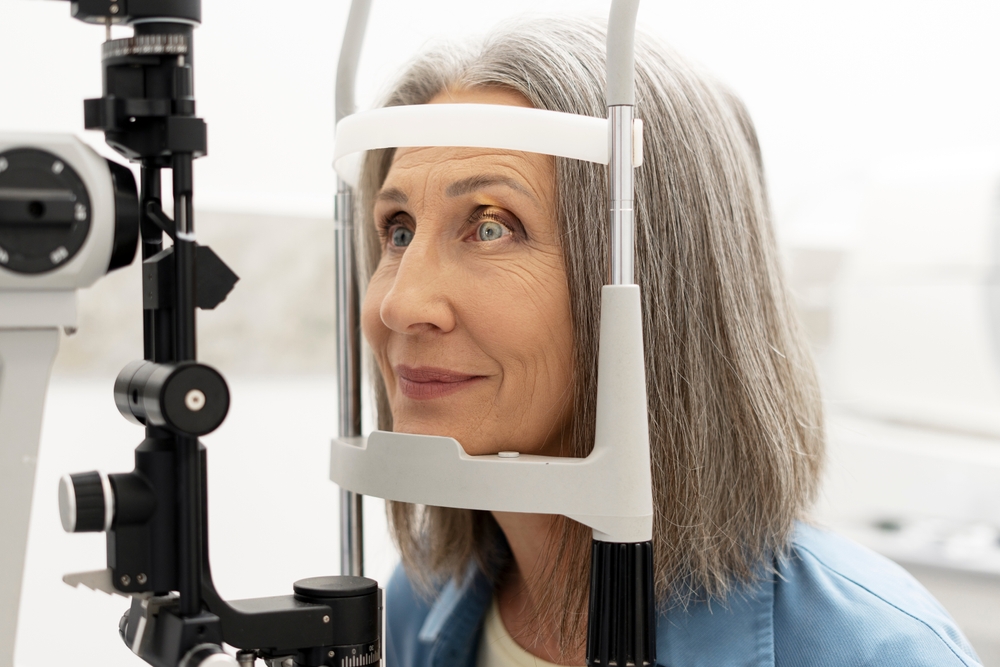
Glaucoma is a progressive eye disease that damages the optic nerve, often due to increased intraocular pressure. It is one of the leading causes of vision loss worldwide, and what makes it particularly dangerous is that it often progresses without noticeable symptoms until significant damage has occurred. Understanding the different stages of glaucoma can help in early detection, timely treatment, and preservation of vision.
Stage 1: Early or Mild Glaucoma
At this stage, there may be no obvious symptoms, but slight damage to the optic nerve can be detected through an eye exam. Intraocular pressure (IOP) may be higher than normal, and visual field tests might reveal very subtle blind spots. Since early glaucoma does not affect vision significantly, regular comprehensive eye exams are crucial in identifying it before it worsens.
Stage 2: Moderate Glaucoma
As glaucoma progresses, optic nerve damage increases, and blind spots in peripheral vision become more noticeable. Patients may start experiencing difficulty seeing objects at the edges of their vision, though central vision remains largely unaffected. If left untreated, the disease can continue advancing, leading to more severe vision impairment.
Stage 3: Advanced Glaucoma
In the advanced stage, significant optic nerve damage occurs, and peripheral vision loss becomes pronounced. Tunnel vision—where only a small, central portion of vision remains intact—may develop. Daily activities such as driving, walking in unfamiliar areas, or recognizing faces become challenging. At this point, immediate medical intervention is necessary to slow progression and prevent further vision loss.
Stage 4: Severe or End-Stage Glaucoma
In the final stage of glaucoma, vision loss is extensive, and treatment options become limited. The optic nerve is severely damaged, and only a small fraction of vision may remain, often leading to legal blindness. At this stage, the goal of treatment is to manage symptoms and prevent complete vision loss, though lost vision cannot be restored.
Why Regular Eye Exams Are Essential
Because glaucoma can develop without noticeable symptoms in the early stages, regular comprehensive eye exams are the best defense against irreversible vision loss. Routine screenings allow eye care professionals to measure eye pressure, examine the optic nerve, and detect changes in the visual field. Early detection enables prompt treatment, which can slow disease progression and help preserve vision.
Schedule Your Glaucoma Screening Today
Glaucoma is a serious condition that progresses in stages, often without early warning signs. While there is no cure, early diagnosis and treatment can prevent significant vision loss. Regular eye exams play a crucial role in detecting glaucoma in its earliest stages, allowing for timely intervention.
At Sylvain Eye Care P.C., we are committed to protecting your vision through comprehensive eye exams and glaucoma management. Visit our office in Atlanta, Georgia, or call (404) 341-4350 to schedule a glaucoma screening today.









